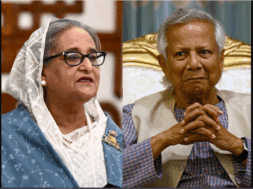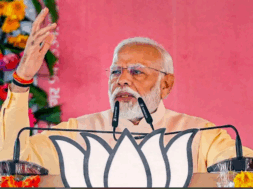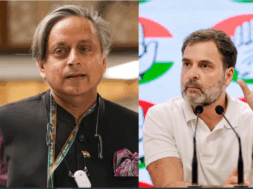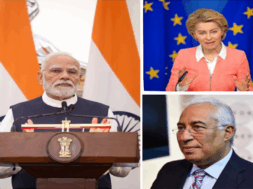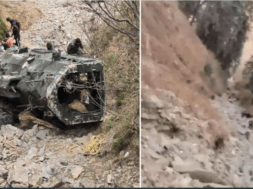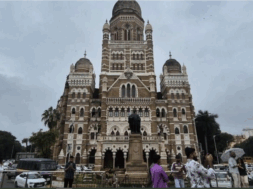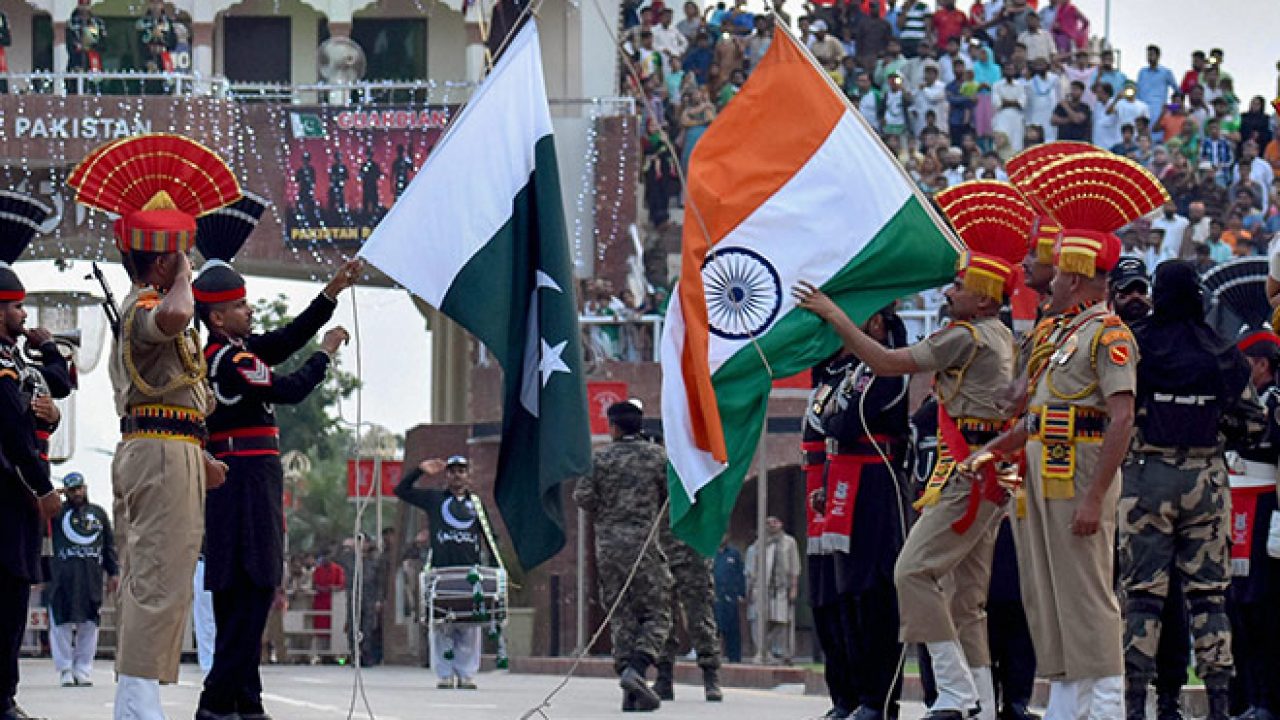
Manas Dasgupta
NEW DELHI, Oct 14: India has not yet officially reacted to Pakistan’s claim of India being “keen for talks” with the neighbouring country, but sources in the prime minister’s office said the claim was “nothing but fiction.”
India, which has all along maintained that “terrorism and talks” could not go together, “has not reached out to Pakistan, directly or via intermediaries, to resume dialogue between the two countries,” the sources said on Wednesday. The new twist to the relations between the two countries came with the reported interview given by the Pakistan prime minister Imran Khan’s top security and strategic policy planning advisor Moeed W Yusuf giving an interview to an Indian news portal claiming that New Delhi had sent “a quiet message” to Pakistan that reflected what he called, India’s “desire for conversation”.
Pointing out that a formal response to Yusuf’s claim would come from the external affairs ministry “in due course,” the top Indian government sources said the claim was merely “a fiction.” Sources pointed out that India’s stand on holding any conversation with Pakistan had been consistent and was pre-conditioned on Islamabad taking concrete steps to build an atmosphere free from the shadow of terror and violence.
“This would require Pakistan to pull the plug on the terrorist training camps that operate across the border and crack down on the hundreds of terrorists operating from its territory,” the sources said. “Any effort to suggest that India is ready to hold dialogue with Pakistan before it delivers on its obligation to create a conducive environment is not just mischievous but also a pipe dream,” the Indian government sources maintained.
Not only making such “baseless claims,” Yusuf in the same interview also lodged an outrageous charge against India linking the country with the terror attack on the army school in Peshawar in 2014 in which 149 people including over 130 school children were killed, and drew instant flaks not only from India but also from some of the opposition parties in Pakistan.
The sources pointed out that renewal of the charge after the issue was considered closed on the Tehrik-e-Taliban Pakistan backed by Pak’s deep state claiming the responsibility for the attack, was not only “outrageous,” but also reflected Pakistan’s “unchanging strong anti-India outlook.”
In the interview Yusuf attempted to give the impression that India was prepared to go out of the way for peace talks with Pakistan but his country gave only “lukewarm” response till India fulfilled four pre-conditions including rolling back the abrogation of Jammu and Kashmir’s special status and release of political prisoners in the Kashmir valley, a term that Islamabad often uses to include terrorists as well.
Pakistan watchers said Yusuf apparently was playing China’s game on the Gilgit-Baltistan (GB) in the occupied Northern Areas. Pakistan had incorporated the disputed region as one of Pakistan’s five provinces at China’s behest. China has poured millions of dollars into this region for the China-Pakistan Economic Corridor to build an alternative supply route to the choked Malacca Strait, the shipping channel between the Indian Ocean and the Pacific Ocean.
An expert on Pakistan affairs said Yusuf was believed to have worked closely with the Pakistan army and the Inter-Services Intelligence long before he was handpicked by Imran Khan to be his adviser. Yusuf was earlier at the US Institute of Peace where he had cultivated an image of being an advocate of Indo-Pak peace and resolution of the Kashmir issue and entrenched himself in the establishment in Washington.
On India’s “links” in the terror attack on the Peshawar school, Yusuf claimed that the mastermind of the assault from Jalalabad in Afghanistan was “in touch with “handlers” at the Indian consulate in the same city as the attack was underway.”
Yusuf also made wild claims that the Indian intelligence had spent $1 million for the merger of the Tehreek-e-Taliban Pakistan (TTP) with four other militant groups and that India was funneling money to Baloch activists through think tanks in Afghanistan. However, he offered no evidence to back these claims.
After the interview, Yusuf later contended in a tweet that he had “exposed previously unrevealed information about regular Indian state sponsorship of terrorism against Pakistan.”
People familiar with developments in Islamabad said Yusuf’s move to do an interview with an Indian media outlet apparently had come after a go-ahead from the Pakistani military, but his charge on the terror attack drew instant flaks from several opposition leaders in Pakistan while the pro-government sources praised the security advisor’s interview.
The responsibility for the attack on the army school, that forced the former government of prime minister Nawaz Sharif to draw up a National Action Plan to counter terror groups, was then taken by the TTP, whose leader Mullah Fazlullah said it was in retaliation for Pakistan’s military operations in North Waziristan. Fazlullah, who was killed in a US drone strike in Afghanistan in 2018, had said in a video message at the time: “We selected the army’s school for the attack because the government is targeting our families and females…we want them to feel the same pain.”
Former senator Farhatullah Babar, a senior leader of the opposition Pakistan People’s Party (PPP) tweeted that Yusuf “saying that APS mastermind was in touch with an Indian consulate during attack is a tall claim.”
“Proof must be placed before world and Pakistani people. [Yusuf] must not be seen parroting intel narrative without proof. @YusufMoeed credibility at stake,” Babar added.
Civil society activist Marvi Sirmed, in a tweet, noted that Yusuf had said he has undeniable solid evidence about the school attack, including “verified tapes of 8 phone calls”, and questioned “why this was hidden from the people of Pakistan for so long?”
Several social media users from Peshawar, where the school attack continues to be an emotional issue, were critical of the claim that India was somehow linked to the terrorist incident.
They pointed out that they had been told by authorities for years that the Taliban and a former spokesman for the group, Ehsanullah Ehsan, were behind the school attack. They also noted that several local militants were sentenced to death by military courts for the attack.
In August 2015, then Pakistan Army chief Raheel Sharif had confirmed the death sentence given by military courts to seven members of TTP and Toheed-wal-Jihad group for supporting and collecting funds for the school attack. In February 2015, the Pakistan Army’s media arm had announced the arrest of TTP member Taj Mohammad, whom it described as one of the “main executors” of the school attack.
The convicted attackers were later hanged in November 2015 and April 2017.
